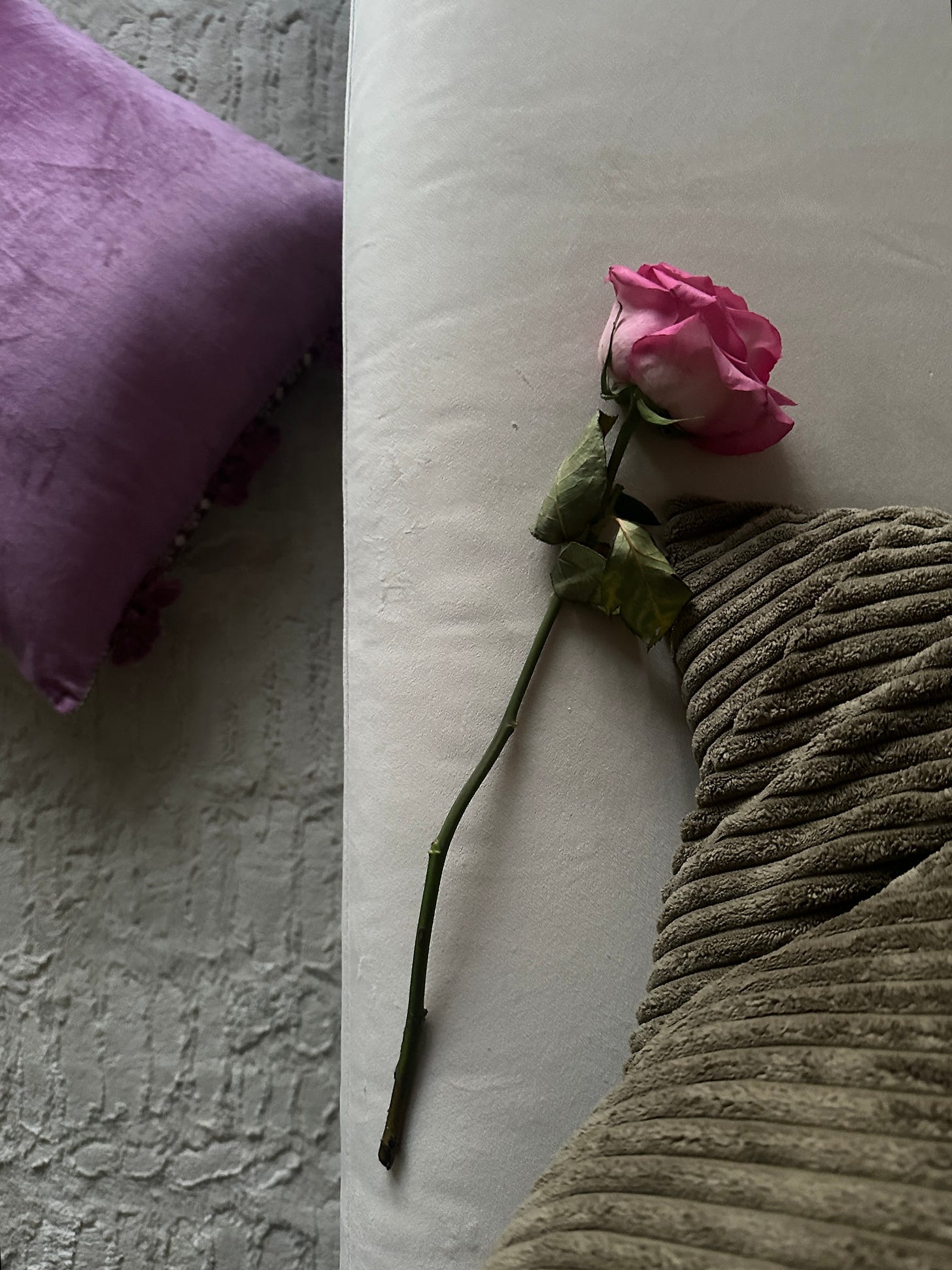This one is for the kids that haven’t had it easy. For the longest time, I rejected the notion that coming from separated parents had contributed to who I am today. That the single act of growing up with one parent, then an aunt, was not a deterrent. I could be a good kid. My bubble was burst the first time I heard a middle school teacher tell another my future was doomed because I came from a ‘broken’ home, how it was sad really, tragic even, she had so much potential.
When I was really little, I thought I was special (like every other kid). Then, upon hearing that not only was the expectation for a child like me not to even reach average, but below par, frankly made me want to act out. And I did, for most of high school. Then, I met my college friends, being around them inspired me to start working on myself. I was convinced my childhood didn’t matter, I could still check X or Y boxes and earn some sort of status quo.
It wasn’t until I was met with the recent thought,
“What kind of a parent would I be?”
that I realized yes, our childhoods do matter. And yes, it shaped me. And yes, it does not define me.
Before I list what I learned about my childhood - I want to be explicit that there are exceptions. I am operating under general assumptions and will never chalk up any traumatic experience to a simple list. Keeping disclaimer in mind, here are some things we can generally get consensus on:
Our parents did their best. They only know how to give love the way they received it.
We are too hard on our parents. The older I get, the more I realize no one knows what they are doing. It’s hard to have it all figured out. We are just out here trying and hoping things work out for the best. In most cases, our parents were younger when they had us than we are today. It can help to not only focus on what went wrong but also what things we are grateful for.
Societal expectations are tough. South Asian culture is rich with stigma around “broken homes”. I really hope this changes, I hope we allow all kids to feel secure in who they are and not be the reason they act out. I hope random uncles and aunties stop judging little kids, especially when it’s not their own.
We are bigger than our childhood stories. Whether it is an insecurity that stems from our relationships with our parents, socioeconomic class, birth order, being an only child, or being compared, we can learn and grow from it. The first step is identifying the insecurity. Once we label it, we can regulate it.
Tend to your needs. Because for so long, I was busy acting out, I did not think to seek out what I truly needed. I would focus on catering to others because that is how I was taught love. It is not too late. Quit being second. You can be kind without shoving your needs away.
I thought love meant taking care of someone, while you put yourself on the bench. Funnily, ambition was my escape route. It was the only time I did not feel selfish, because if I could be successful, it meant I could help my loved ones. The question is - Can love and kindness and ambition and family coexist? The short answer is yes. The world is changing, gender roles and culture norms are shifting, we can unapologetically want it all. Put in the work, and pray for the best.
While we can’t always have the hard conversations with our parents, it can be beneficial, and sometimes even harder, to have the conversation with ourselves. The 8 year old inner child who is buried deep in our conscience, they only come out when we’re angry or sad, just waiting to be heard.
Reflect on ways you deprioritize your needs to serve others, why do you think you do that? What belief does it serve? What would happen if you tried to tend to your own needs?
With love,
Aaisha






The world needs more Aaishas! Thank you for sharing with honesty and tenderness and the invitation to reflect through a powerful prompt! 🌼